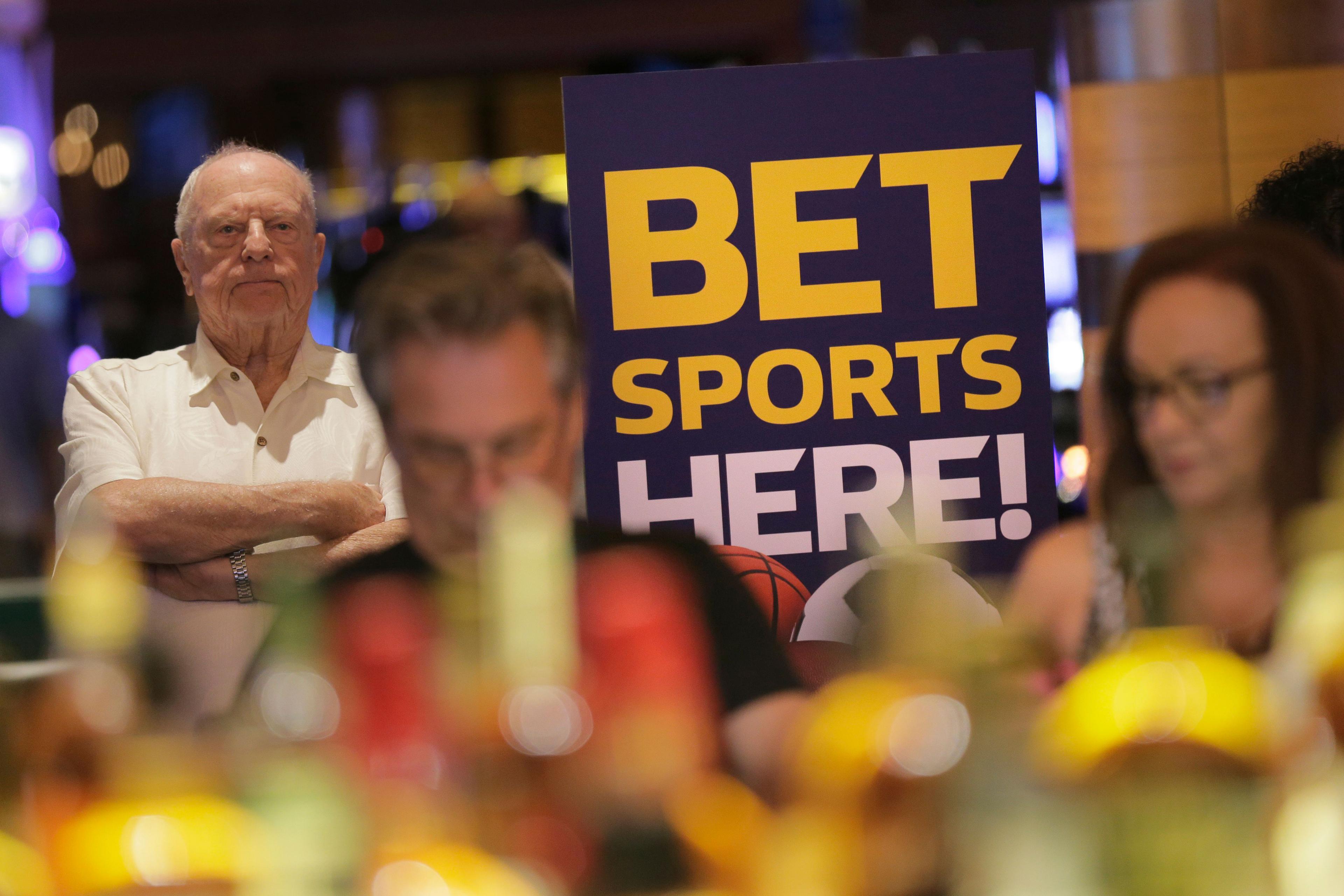
The Southern Ute Indian Tribe is suing Gov. Jared Polis and state gaming officials for their handling of online sports betting, saying “Governor Polis is seriously and clearly wrong” in his analysis of state and federal law.
Southern Ute Tribal Chairman Melvin J. Baker discussed the lawsuit Monday in a meeting of the American Indian Affairs Interim Study Committee, which includes state lawmakers focused on issues “significant to American Indian communities.”
“Today, for the first time in decades, the Southern Ute Indian Tribe has been forced to file a lawsuit in federal court against the state of Colorado because the administration refuses to honor express commitments the state made to the Tribe,” Baker said.
A spokesperson from Gov. Polis’ office said they “don’t have a comment on this pending litigation."
Specifically, the Tribe argues that existing law allows the Tribe to engage in “any gaming activity like that which is authorized elsewhere in Colorado so long as the Tribe’s gaming activity mirrors Colorado bet amounts,” according to a copy of the complaint. The passage of Proposition DD in 2019 added sports gambling to the list of gaming activities allowed in Colorado. However, when the Tribe set up its own sportsbook, it says it got resistance from state officials, which the complaint says was because the Tribe would not be subject to the 10 percent tax levied on other gaming providers.
“The State’s disregard for the binding Gaming Compact is motivated by money,” the complaint reads. “Sports betting regulated by Colorado is subject to a 10% tax, whereas no such tax could ever apply to Tribal gaming under federal law. Therefore, the State sought to freeze the Tribe out of internet sports betting.”
According to the complaint, a Southern Ute sports book would be able to accept on-reservation bets by online gamblers anywhere in the state of Colorado, in accordance with recent court rulings related to the Seminole Tribe in Florida.
In his comments to the study committee, Baker said the state “waited until the last minute” to let the Southern Ute Tribe know that their efforts at an online sports book would require licensing from the state. The Tribe’s court filing alleges that the state asked that the Tribe pay the state 10% of revenues earned on bets placed outside of reservation boundaries.
In waiting to raise the issue, Baker said, the state gave competing sports betting sites a head start.
“The key is market share and by waiting until sports betting became legal in Colorado to challenge the ability of the Tribes to engage in sports betting, (The Colorado Division of Gaming) ensured that Tribal gaming enterprises would have no opportunity to achieve any degree of market share,” Baker told the committee. “The state had the opportunity to reach out to the Tribal Council on a government-to-government basis while the legislation was being drafted and considered. It never did.”
David Smith, legal services director for the Southern Ute Indian Tribe, explained during the committee meeting that the reason Tribes are not subject to state gaming taxes is settled law.
“Under federal law, the tribe can only use that money for governmental operations and the welfare of tribal members. The reason is that Tribes have very limited taxing authority, and so Congress set this up as a means for tribes to support governmental operations,” Smith said.
The complaint asks the federal district court for the district of Colorado to examine the legality of the Sky Ute SportsBook, which was shuttered in July of 2023, injunctions against the state and an order awarding costs for expenses incurred by the Tribe in filing the case.
Outside of the courtroom, the Tribe is asking the Colorado Legislature to solve the matter statutorily.
“Most states that have implemented sports betting talked to their Tribes at the time they implemented it to make sure there was an even playing field. And Colorado didn't. Kansas, when it failed to do that, entered legislation about a year later that made sure that there was an even playing field for the Tribes. We asked the state to do that. They rejected that,” Smith said.
In Kansas, the state legislature passed legislation amending existing sports betting laws to specifically include sports wagering on reservation lands.
Both in the court filing and in comments made Monday, the Southern Ute Tribe noted that this litigation represents a break from previously genial relations with the State of Colorado.
“Colorado is unique among the states in that it never bargained for any revenue sharing in its gaming compacts, and since the passage of IGRA in 1988 — until the Polis Administration — there has been a strong bipartisan consensus that the State would work with the Tribe with regard to gaming and respect the Tribe’s financial and regulatory independence,” the complaint reads.
The filing also notes that the Tribe never asked the Colorado State Lottery to obtain a license from the Tribe’s gaming commission to sell lottery tickets on Tribal land, “until approximately one year ago when the Tribe pointed out the hypocrisy of that juxtaposition to Governor Polis.”
“Litigation is not something we like to do,” Baker said. “We like to resolve our differences amicably. We have spent years trying to do so, but here we have no choice.”









